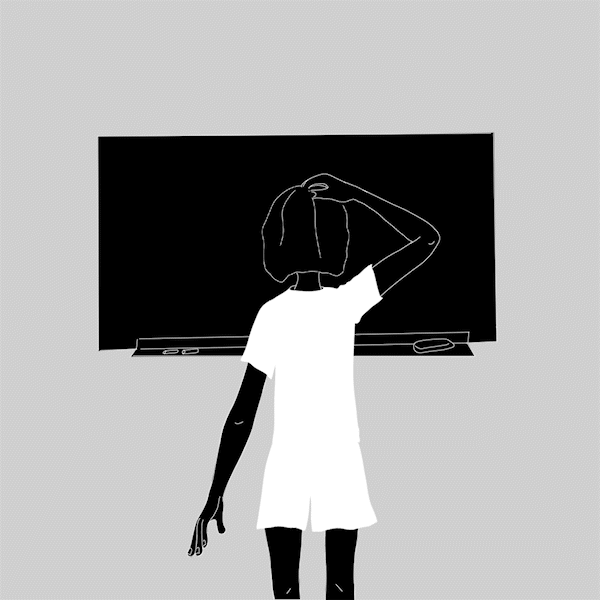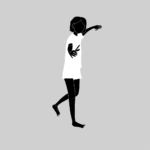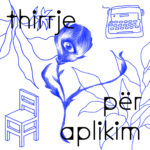SEXUAL EDUCATION IN KOSOVO

Ilustration: Argjira Kukaj
Sexual education in Kosovo is unfortunately not treated with the seriousness it should be, despite its great importance in many aspects. We are in the 21st century and sex education in Kosovo is still considered unimportant. Starting in the family, up to the educational institutions, sex education is not considered. One of the reasons why this as a topic is not considered in Kosovo is the primitive mentality itself, where education about the body, sexuality, identity and reproductive health continues to be a taboo topic.
Starting from the fifth grade up to the ninth grade, the teacher or educators often overlook these topics, or explain them only briefly, not giving us enough information to understand, or to learn about sexual education. Nor do the school materials have enough information about sex education, nor do they bother to take them seriously.
I was in the 7th grade when the time for sex education lessons finally came in civic education. We were learning about protection against sexually transmitted diseases and pregnancy, and it was completely new to me. I asked the teacher “what is a condom?”. And the teacher, not wanting to talk about those things, turned to me and said: “As you are asking me, you know very well what it is!.” I put my head down in shame while not knowing about it. But after that reaction of the teacher, I thought of the condom as something that I should not mention or say in the company of someone else.
When I read this article to my sister and friends, they reacted in a strange way. Even my sister reacted immediately after I mentioned the condom, and instinctively raised her voice and told me “this expression is too heavy, it doesn’t seem reasonable to mention it”. Also my friends told me “be anonymous because people will bully you for this expression.” In other words, we are a society where we are not free to talk about sex education or things that include sex education. We are a society that is used to not speaking normally and naturally with other genders.
But educational institutions are not the only place where sex education is neither mentioned nor does it seem necessary to learn it. There are many families and parents who want to keep their child “isolated” from learning, and the most terrifying part is when they tell them “shhh don’t shout out, is embarrassing if someone hears you, the girls’ things or boys’ things should not be mentioned in front of other genders”. They don’t know, they don’t understand, that these things not only need to be mentioned, but they also need to educate their own children.
Lack of sexual education at home or even in schools leads us to the result where children can be misinformed by trying to learn on their own from friends or even from social networks, which can result in great consequences. By not teaching sexual education, we come to very great risks, such as: violence, lack of respect. Sex education is the answer to addressing many of these issues, because sex education is about identity, it’s about the body, it’s about self-respect, it’s about health information, it’s about anatomy, it’s about interpersonal relationships, it has to do with the development of an individual from adolescence to adulthood. So simply sex education is an inseparable part of education. Therefore, it would be much easier and more efficient if children learned both at home and at school about sexual education. One has the right to know more about his/her body and to know how it can be protected from all kinds of diseases. Proper information leads to a decrease in the number of cases of sexually transmitted diseases and early pregnancy. Sex education also teaches self-respect, then respect for others.
About the author: Arba Kelmendi, 17 years old and attends lessons at the “Sami Frasheri” Gymnasium in Prishtina.
This grant is supported by Austrian Development Agency


